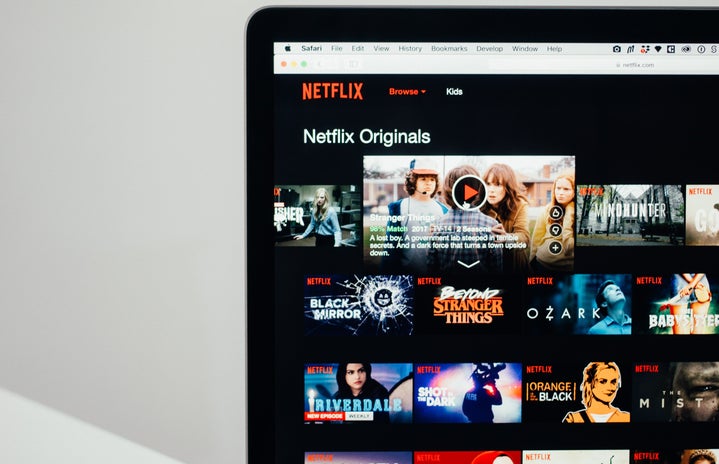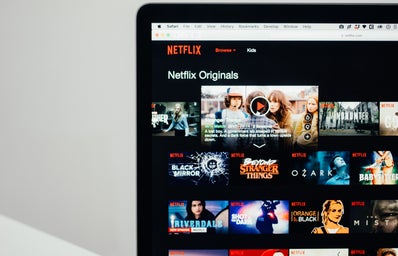Too often in the media, we see Black women portrayed in dehumanizing ways, stripped of their femininity. As stated in Patricia Hill Collins’s Black sexual politics, “the people of continental Africa became reduced to more generic terms such as ‘primitive’, ‘savage’, and ‘native’”. Perfume commercials portray Black women in jungle settings with minimal clothing on, and the clothing worn is in animal print. While actions like this are not blatant acts of racism, they are microaggressions based on the dehumanization of Black people and negative stereotypes regarding their sexuality. Normalizing this form of racism strengthens the adversities Black women face in society and encourages the animalization of Black individuals in general.
Black sexual politics depicts the Eurocentric influence on the perception of Black individuals and this topic is linked with the defeminization of Black women and how society paints them to be more masculine and animalistic than white women. European society painted African societies as inferior and the linkage of “African people and animals was crucial to Western views of Black promiscuity”. It is widely recognized in Western society that animals are on a lower tier of the power hierarchy. By comparing Black people to animals, Western society labels them as less than human, lacking in intellect and civilization. This demeaning viewpoint ties back to the portrayal of Black women in the media. This sexual exploitation and dehumanization are looked over by the public due to the pre-established norm of the promiscuity of Black women. They are commonly cast as roles that play into social stereotypes (which are heavily reinforced by European ideology), and this restricts a Black woman’s career opportunities in the entertainment industry. Black women, when compared with white women, are more likely to be physically exposed on screen or cast in “violent” roles. Additionally, this casting leaves young audiences with few role models to look up to, has them searching for media representations of themselves, or even admiring these skewed portrayals of Black women in the media they consume.
The intersectional experience of oppression is different for Black women in society as a result of Eurocentric standards implemented into the very foundation of society. However, newer generations continue to raise awareness about this oppression and are coming together to fight for change through protests, advocacy, and awareness, and this is just the start to a future of societal change. European ideologies are being challenged everyday, especially with the rise of social media platforms like TikTok and Twitter, where information is easily spread across a wide range of people. These platforms are consistently used for educational purposes and are easily accessible by both children and adults. Hopefully, in the near future we start seeing positive changes in the media, with more diversity (and not just performative casting) that centers the POC experience.


